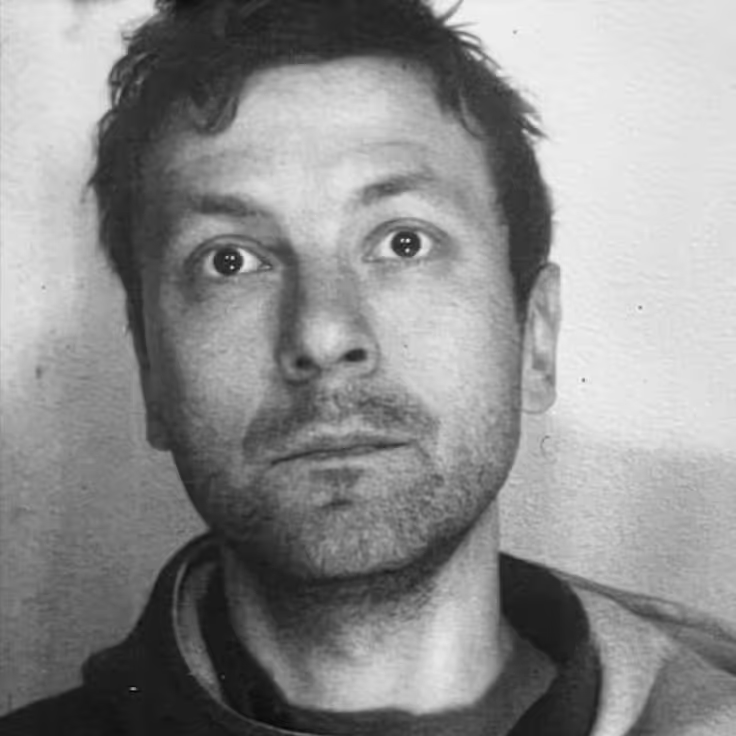The Memorial Society was the first civil rights organization in the late USSR, advocating for the rehabilitation and commemoration of the millions of victims of Stalin’s political repression. Beginning as a small team of like-minded educated muscovites, Memorial soon became a popular movement and played a significant role in the democratization of Soviet society and the dismantling of the Soviet regime.
The new, post-Soviet era presented many chances and challenges for human rights activists. For some, it seemed that they could now take the power into their own hands, open the state archives and help Russian society to face its own past. However, the reality turned out to be much more complicated. Soon enough, some Memorial activists started going into politics, while others were either condemning war crimes committed by the Russian democratic president in Chechnya or were trying to prevent the closure of the KGB archives that had just been opened.
The founders of Memorial decided that it should be a social institution rather than a political organization, but were they right? When Vladimir Putin came to power, Memorial soon became engaged in the battle for Russian history with the state. The result of this fight was predictable: just a few weeks before Putin ordered the invasion of Ukraine, Memorial was officially banned in Russia. Several months later, it received the Nobel Peace Prize.
The author of this book, prominent Memorial team member Sergey Bondarenko, belongs to a younger generation of activists. He is not afraid to re-evaluate past experiences and pose difficult questions. Could Memorial have pushed harder to open a window for lustrations, restitution, and the abandonment of KGB practices? This poetic and beautifully written book features the voices of many Memorial members but it is much more than a story of one organization — it shows how a country’s past comes to define its future.
The Author's fellowship is supported by Friedrich Naumann Foundation's Russian Office in Exile
GENRE
STATUS
SAMPLES
RIGHTS
Sergey Bondarenko is a historian, journalist, and writer. Since 2009, he has been working with Memorial in different capacities: doing archival research, organizing public events such as “Returning the Names”, and interviewing Memorial’s founding members for the organization’s own archive. As of 2024, he is a board member of the Moscow Memorial. As a writer, for the past 10 years Bondarenko has been contributing to independent Russian media outlets such as Holod, Meduza, and Colta, among others. He was also the co-editor of the book Proteggi le Mie Parole (Edizioni E/O, 2022), a collection of the court speeches by current political prisoners in Russia. As a curator and researcher for various historical projects, he collaborates with the Dead Souls collective and the Beaten Up art group. Together, they organized the latest public exhibition on Lubyanka Square, “My Documents, 1937” (2019). In 2011, Bondarenko received a fellowship from Heinrich Böll Stiftung in Moscow. In 2022-2023, he worked for Gedenkstätte Buchenwald in Germany.





